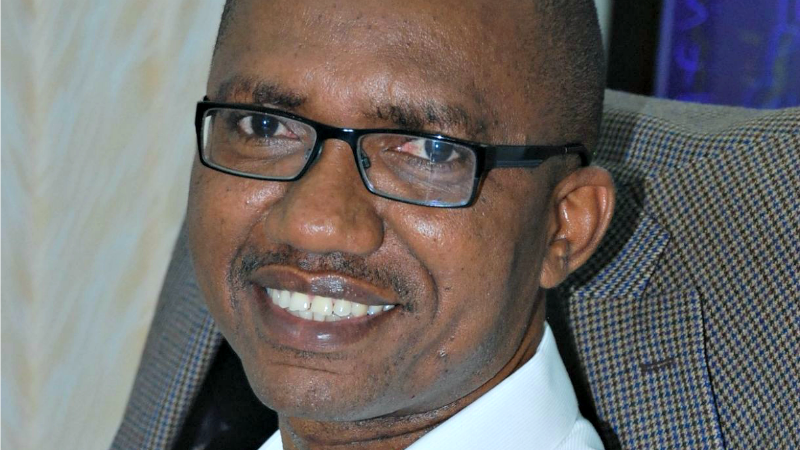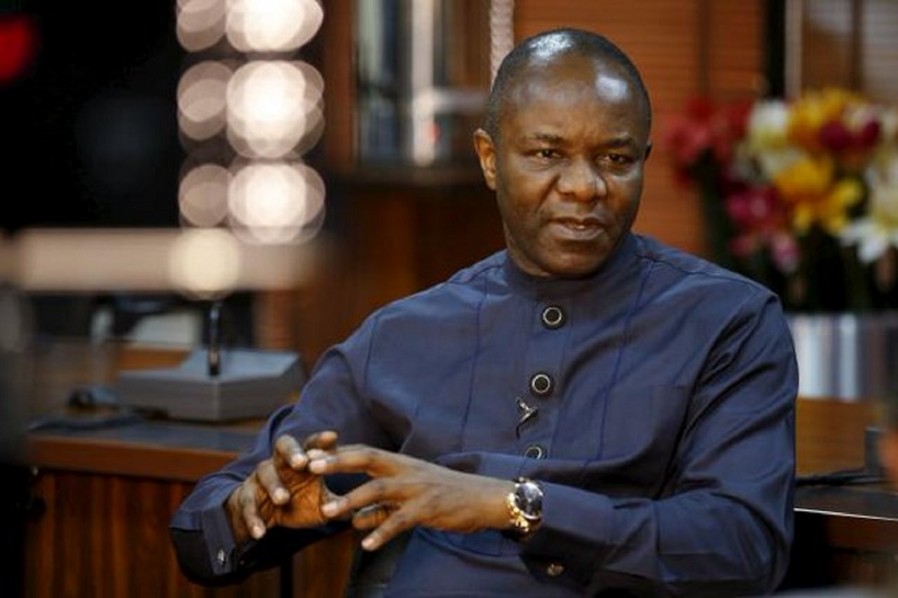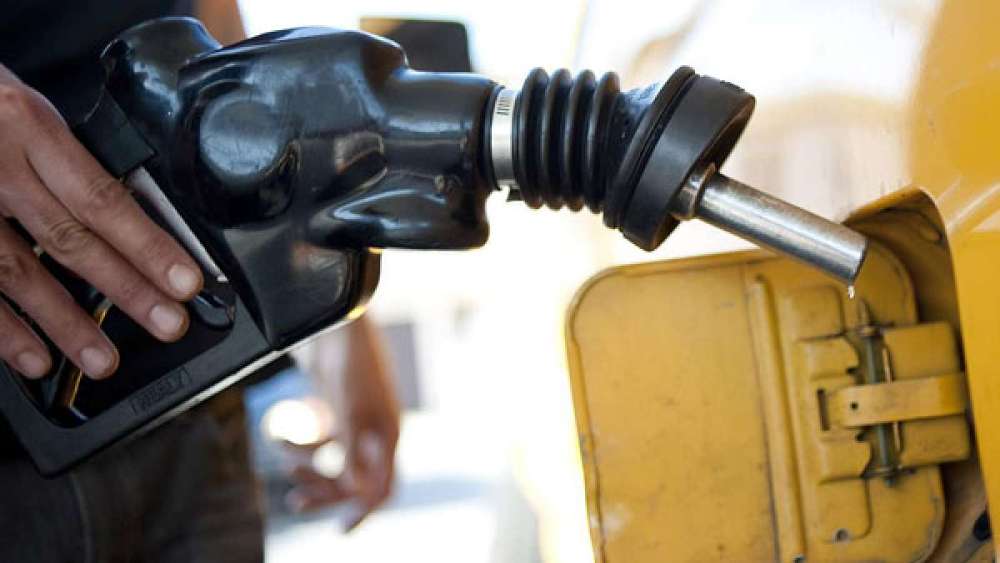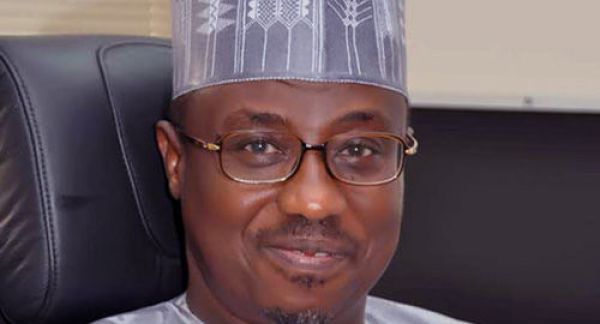Azu Ishiekwene
We’re back where we used to be many moons ago. Shortages and long petrol queues have resurfaced and there’s no sign that things would get better any time soon.
If, however, promises could fill the supply gap, we would be drowning in petrol. The first clear sign of shortage started in December 2017, nearly three months ago.
After the Federal Executive Council meeting of December 6, two days after the queues had stretched to the front door of the Presidential
Villa, the Minister of Information, Lai Mohammed, told journalists that, “The Council gave the Minister of State for Petroleum, Ibe
Kachikwu, marching orders that this petrol scarcity should not last beyond this weekend (December 10) and they are going to work very hard to ensure that it is curtailed.”
The queues got longer.
On December 14, 2017, the queue stretched up to Kachikwu’s backyard. He told journalists that he had assured governors of the 36 states that the ongoing fuel scarcity will end in 48 hours. Quoting Kachikwu, the Edo State Governor, Godwin Obaseki, said, “The Minister of State for Petroleum Resources assured the Council that within the next 48 hours fuel supply would be restored nationwide.”
Again the queues got even longer.
At this point, the Group Managing Director of NNPC, Maikanti Baru, the man who has the sole responsibility to import petrol and who
authorises regular text messages that vessels laden with petrol have flooded the high seas, waiting to supply, stepped in.
After the public had spent the Christmas waiting hopelessly at petrol stations, Baru spoke on December 27.
“I promise by weekend,” he said, “most of the abrasions we’ve been noticing will disappear. You could see that we’re winning the war. The fuel queues have significantly subsided in Abuja; in Lagos, they’ve almost become non-existent, and of course, we’re pushing it to the other cities as well as to the hinterlands.”
Beyond the window dressing in Lagos, the queues got longer elsewhere from Abuja all the way down to Baru’s village in Jama’are, Bauchi State.
After President Muhammadu Buhari’s apology in his New Year day speech regretting that Nigerians had spent the Christmas and New Year holiday at petrol stations, the government responded in its now familiar style: it set up a committee on January 2 to deal with the problem.
To show that this was not just another committee, but a committee’s committee, the Chief of Staff, Abba Kyari, inaugurated this committee on behalf of the President.
After the inauguration of the committee comprising stakeholders, Kachikwu, the head of the committee, said, “We needed to come together to analyse what really went wrong. Like we know, for over two years, we have been out of this fuel crisis. Everything has been working well. NNPC has been managing the situation properly. And suddenly there was this gap…We want to find a lasting solution to the problem. That is what the committee will come out with in its resolutions tomorrow.”
Put it this way. It took Kachikwu three weeks after he made his first statement on December 14, promising to end the scarcity within 48 hours, and all the high-level promises that followed, to find out that the system was broken and there was a gap that needed to be fixed.
The JAMB snake, which swallowed N36 million, obviously does more than rob the country of hard cash. It may have also robbed the NNPC top hierarchy of their collective memory. No one remembered that the moment NNPC completely took over the business of importing petrol while retail prices remained fixed, the value chain from import to distribution and storage, would be disrupted.
But no matter, what has Kachikwu’s super committee done? Only he and members of his committee know what is contained it the report that he promised would end the shortages.
On the streets, the shortage is getting worse and price surge in the black market has submerged anything conceived in the report of that presidential committee.
So, the National Assembly stepped in. on January 25, the Senate gave NNPC a seven-day ultimatum to end the nonsense. The Senate committee on Petroleum Resources headed by Kabiru Marafa, said, “During our recess, the committee moved around some cities, including Abuja and Lagos, to ascertain the situation on the ground. When we thought we were making progress, we just realised that queues were resurfacing in fuel stations”
Senate President Bukola Saraki then rapped the gavel on seven days for NNPC to fix the problems.
That deadline expired over two weeks ago and the petrol queues have grown worse. The Senate may not have noticed because senators use wind-powered cars or have petrol dumps in their backyards.
But it’s a bloody mess on the streets, even for consumers who have grown used to hardship. Sale of petrol in jerry cans along the roads and in front of petrol stations has become a cottage industry, while those who should solve the problem are driving around on full tank supplied from the official petrol dump.
In another place, something dramatic happened. A member of the House of Lords in the UK and minister in the Department for International Development, Michael Bates, resigned his appointment over what by our own standards of public office, is trifle. Lord Bates said he was “thoroughly ashamed” at not being present in chambers when a colleague raised a question on the floor that required his answer.
Not that Lord Bates killed, to which we might even have said, “Thank God it’s 73 persons only, not 74”; or that he caused widespread public suffering through malicious negligence, for which we might even have invented excuses of tribe or religion. He just resigned for being late, though his resignation was later rejected.
How many failed promises will it take to deal with the petrol shortages? If the venom of the JAMB snake has not infected of those who run NNPC, they would have seen by now that the price cap is not working.
The government may continue to bury its head in the sand, but as long as the landing cost of petrol is N26 more that the pump price – and it has been so since the price of oil climbed above $50 per barrel – no marketer will put a penny into importation.
In case the folks at NNPC have forgotten it might be useful to remind them that there was a time when they also said the scarcity was caused by marketers who were hoarding petrol, as if the 200 million litres of underground tanks owned by filling stations across the country were built for fancy.
It would be a bitter pill to swallow, but until the government restructures NNPC and scraps the price cap, the petrol queues will grow until every polling booth is filled with angry consumers with jerry cans waiting for politicians to come and ask them to vote next year.
As for where the government is getting the money, whether it’s from an undisclosed account managed by the NNPC or from “under-recovery,” the truth will come to light, soon.
Ishiekwene is the Managing Director/Editor-In-Chief of The Interview and member of the board of the Global Editors Network





